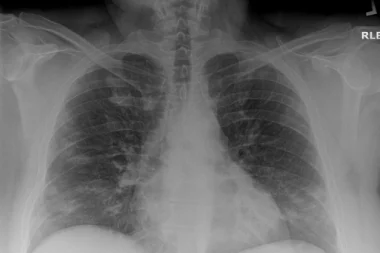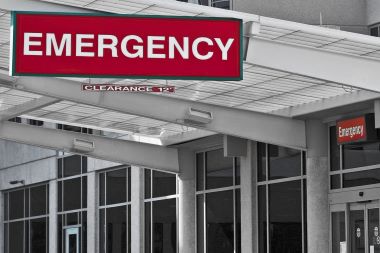A recent JAMA Network Open Viewpoint article explored the frustrations resulting from the expiration of temporary regulatory changes that were implemented by almost all states to allow physicians to provide telehealth across state lines during the height of the COVID-19 pandemic. With the end of the public health emergency, many licensing waivers ended as well. Some argue that licensure should remain under control of the state while others advocate for a single federal license or full …
Read More









